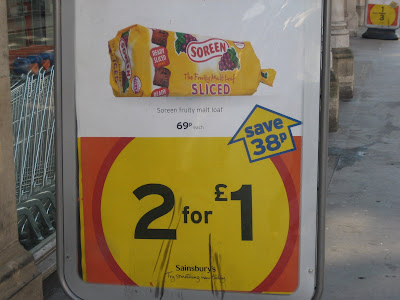Breakfast 8-12 (All day Saturday)Toasted muesli w banana, yoghurt and honey 4.5
Bircher muesli w apple and berries 4.5
Poached fruit w greek yoghurt + pistachios 4
Fresh fruit salad w mint and sweet ginger dressing 4.5
Toasted banana bread w date and pecan butter 4
Sourdough toast w vegemite or jam 2.5
Lantana baked beans w crumbled feta, sautéed spinach and sausages on sourdough toast 8.5
Field mushrooms sauteed w parsley and garlic served with
grated parmesan on sour dough toast 7.6
Pancakes w greek yoghurt and baked fruit 7
Poached eggs on toast 5
Scrambled eggs w smoked salmon on brioche w
fresh tomato salad 8
Corn fritters w crispy bacon, rocket, oven roasted tomatoes and
lime aioli 8
Baked eggs w buttered baby spinach and mushrooms served w tomato and red pepper chutney toasted sourdough 8
SidesBacon 2.4
Lantana baked beans 2
Slow roast tomatoes 2
HG Walter’s sausages 3
Sautéed spinach 2
Mushrooms 2
Lunch from 12pmOpen sandwich w bacon, rocket, sliced tomato, & fried egg w aioli 6.5
Corn fritters w layers of crisp bacon, rocket, oven roasted tomatoes, drizzled w roast garlic & lime aioli 8.5
Tart of the day served w choice of two salads from the counter 8
Salad plate of your choice of three from the counter 7.8
Steak sandwich w rocket, fresh tomato, caramelised onion relish and horseradish crème friache 8.5
Moroccan lamb skewers w flat bread and mint yoghurt served w bulgur, walnut, celery and pomegranate salad 8.7
Lemon & coriander infused chicken skewers served w served with salad from the salad bar and tomato and red pepper chutney 8.7
Sharing plate w bruschetta, olives, dips and prosciutto (for 2) 10
To DrinkNon-Alcoholic Fresh orange juice
Virgin mary
Belu Still (750ml)
Belu Sparkling (750ml)
San Peligrino Limonato, Orangina
Bundaberg ginger beer
AlcoholicBloody Mary
Di Valdo bbiadene Proseco
Wine
St Roch grenache blanc
Bird in Hand sauvignon blanc
Camplazens rose
St Roch merlot
Bird in Hand shiraz
Beer
Coopers pale ale
Coopers sparkling ale
Menabrea
Coffee (extra shot 30p, Soy milk 50p)
Latte
Flatwhite
Capuccino
Long black
Mocha
Espresso
Machiatto
Hot Chocolate
Pot of Tea: English breakfast/Earl grey/Rooibos/Chai/Peppermint/Green

 For a city as crowded, fast-paced and intense as London, early mornings are almost eerily quiet and still.
For a city as crowded, fast-paced and intense as London, early mornings are almost eerily quiet and still.




 The most glorious morning is Sunday - when the city wakes without me.
The most glorious morning is Sunday - when the city wakes without me.




















